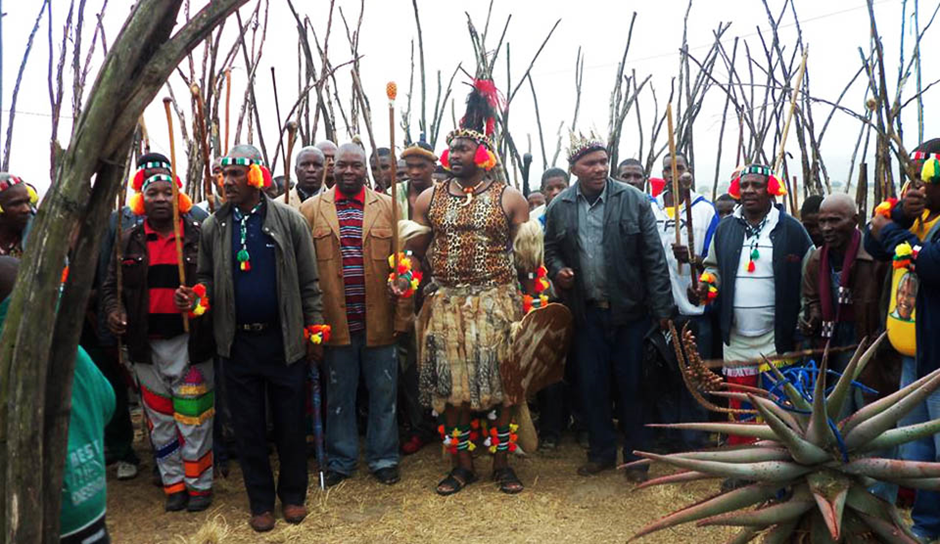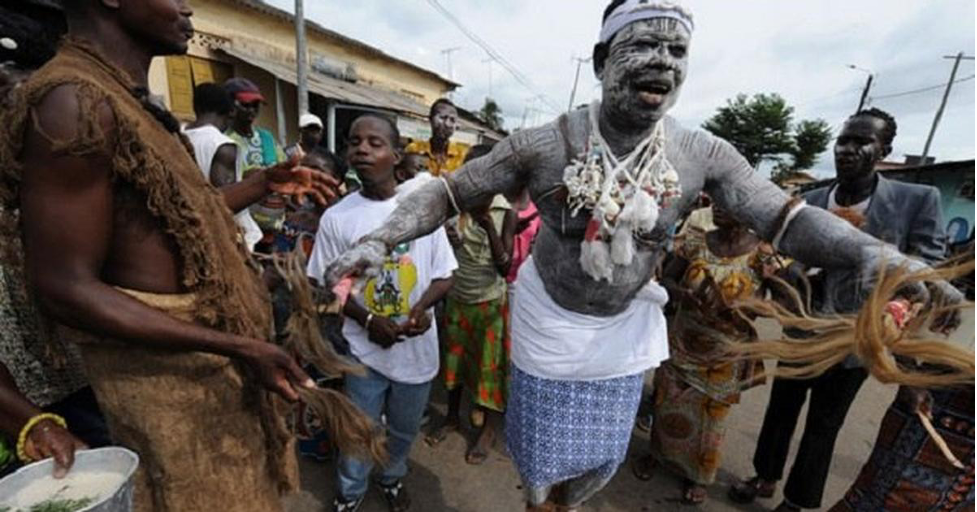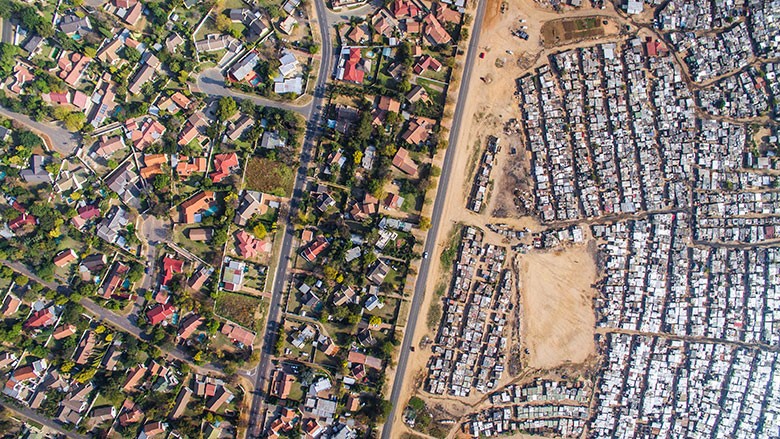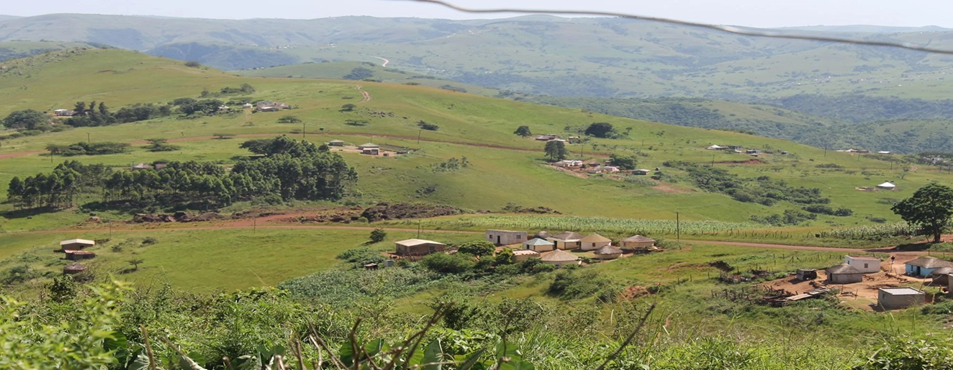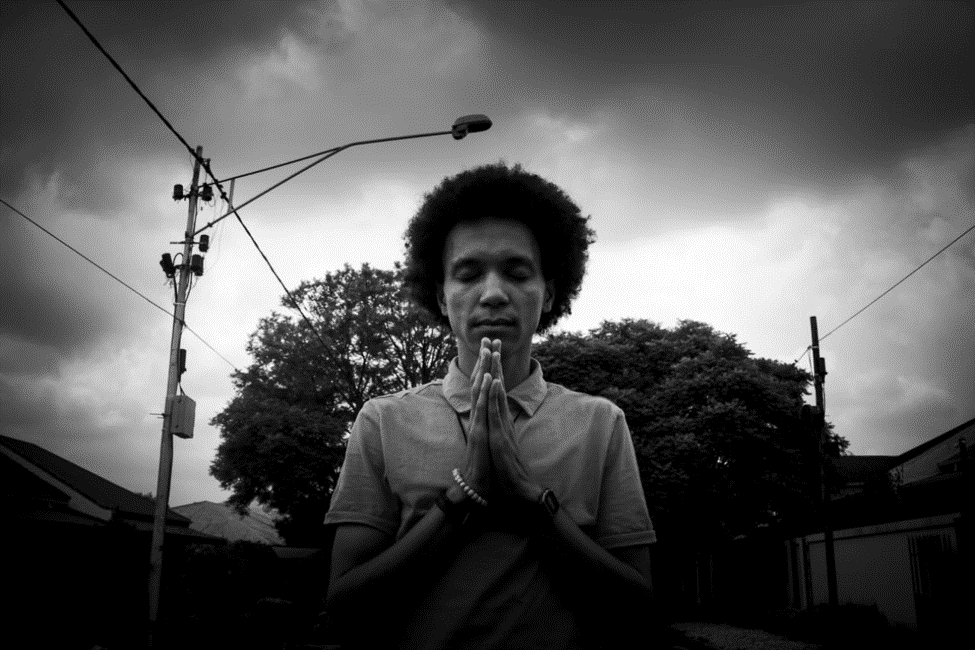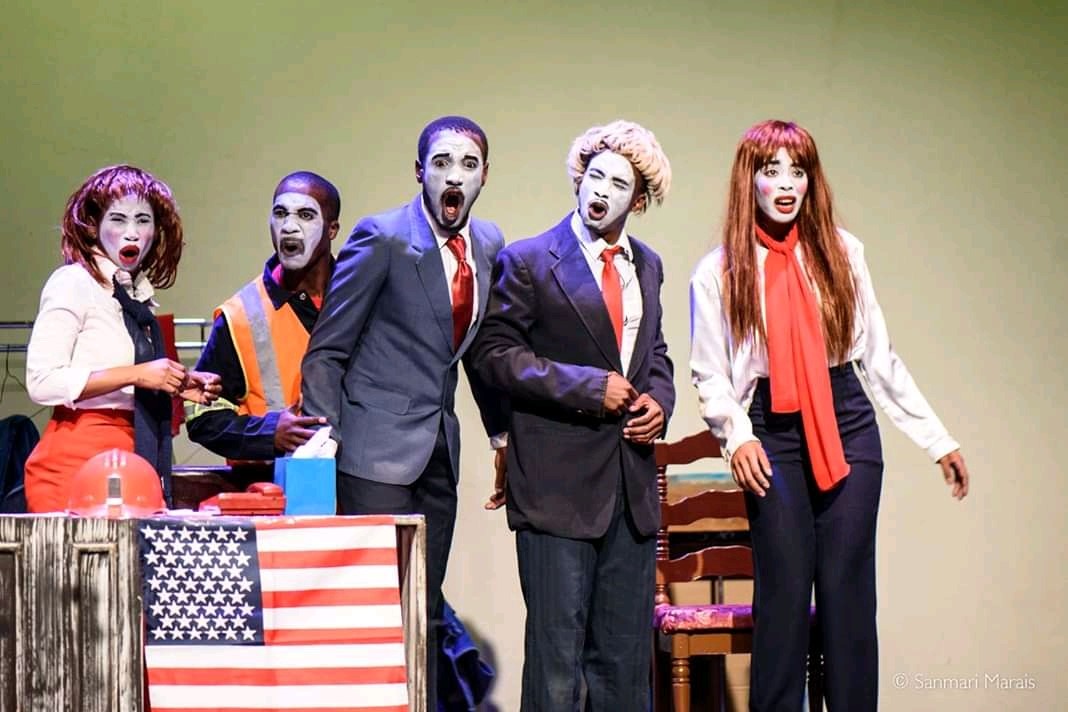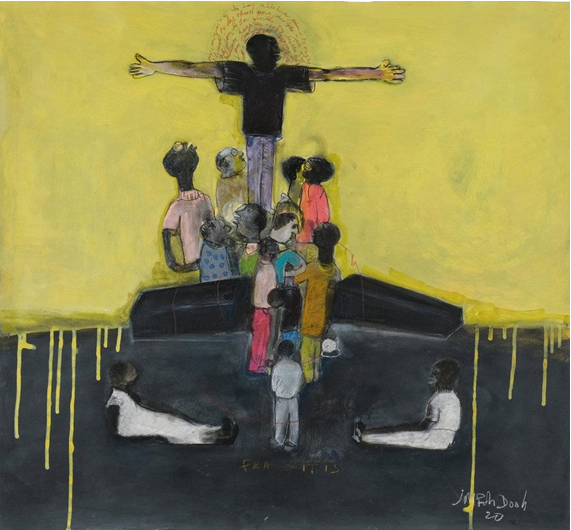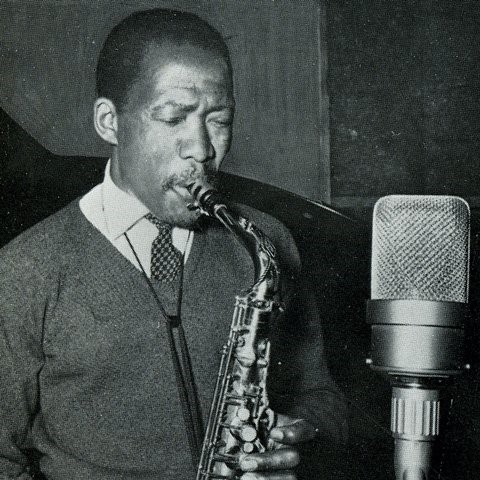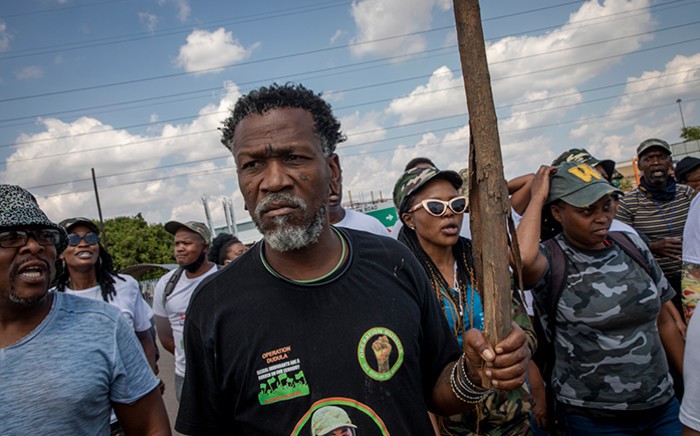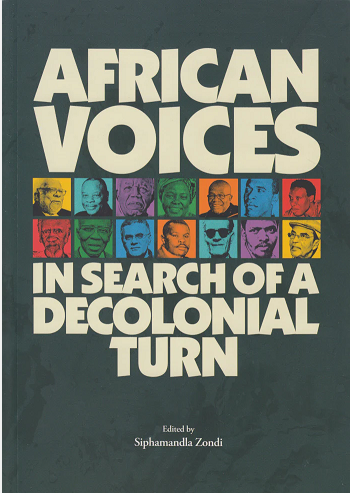The Eastern Cape Government’s revelation that Thandisizwe Madzikane Diko is not officially recognized as a king of AmaBhaca but that he is a chief, has opened another discussion altogether.
People like Eskom spokesperson Sikonathi Mantshantsha and writer Zakes Mda as well as the ever controversial Nelson Mandela Bay politician Andile Lungisa have come out to rubbish even the existence of the nation of AmaBhaca.
Unfortunately, this is what happens when people comment on issues that they are not very knowledgeable about.
Mantshantsha posted on his Facebook page that:
"The last king of the AmaBhaca people was Inkosi Madzikane ka Zulu. He died in the 19th century in what is now Mount Frere, next to the Drakensberg mountain range. The name "amabhaca" means refugees. They were the refugees from the Mfecane wars that had uprooted the nation from its original home in what is now KwaZulu-Natal.
"Madzikane was a relative of Senzangakhona, and was recognized as a senior chief of the people who bhaca'd [sought refuge] and settled in what is now Transkei, not far from Kokstad."
Mantshantsha is unfortunately and conveniently raping history in his quest to undress Madzikane Diko. It is a pity that his wooden gun is now insulting the people of KwaBhaca, who today speak Zulu and Xhosa. They are also found in southern KwaZulu-Natal and Eastern Cape.
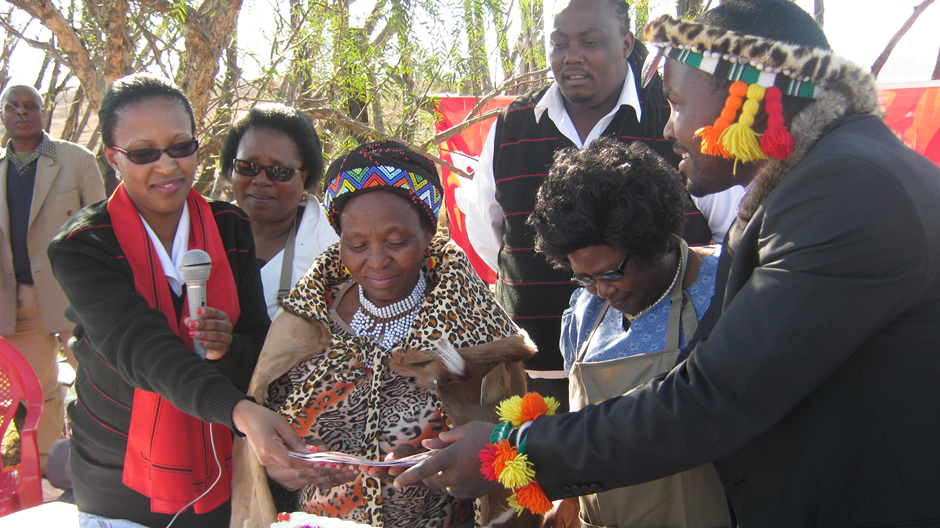
There are key important points that need straightening out before people fall for the trap that the likes of Mantshantsha are creating. AmaBhaca are not what he says they are.
It maybe that the new South Africa has not reinstated their kingship but they are neither Zulu nor Xhosa. There are many kingdoms that were destroyed in colonial times whose kingships have not been restored by the democratic government, including AmaHlubi and AmaThonga.
These communities presented their cases to the Nhlapho Commission which was headed by Prof. Thandabantu Nhlapho in the early 2000s. The commission re-affirmed some kingdoms but also disapproved others. The aggrieved kingdoms went to the courts to challenge the unfavourable decisions against them.
AmaMpondose contested the commission findings and won in court.
AmaHlubi are still awaiting their day in court in the hope of having their kingship restored. In the case of AmaHlubi, the British apologized for destroying their kingdom but no reparation was paid.
Again and again, the notion of Mfecane/Difaqane has been disproved as a white men's lie: it never existed. We would have to spend half a day unpacking this phenomenon and its demerits.
It is a big travesty that the history of KZN is always linked to the Zulu kingdom. The geographical make-up of the place that is called KZN has nothing to do with where the place the Zulu kingdom existed in the north. But KZN is built on a colonial structure called Natal.
Any fair individual would admit that the Natal Colony and the kingdom that was once led by Shaka, Mpande and Cetshwayo had absolutely no authority over AmaHlubi, AmaBhaca, AmaNdwandwe, Molefe, etc.
No one could be moved by something that never existed. But colonialists forcibly removed people from their lands, and later ascribed this to Zulu king Shaka. Modern South African history continues to peddle this lie which needs to be violently challenged. Shaka didn’t unsettle anyone in the manner that Europeans claim.
It also shows that the likes of Mantshantsha are not knowledgeable on the history of southern Natal, Natal Midlands, Drakensberg and northern Transkei where among others AmaBhaca, AmaHlubi, etc. originate and or reside.
AmaBhaca and many others who were later settled in barren northern Transkei belonged to scores of people who were forcibly removed in the lush foothills of the Drakensberg all the way to Pietermaritzburg (Natal Midlands and southern Natal) by the Boer-led Natalia Republic, and later by the Natal Colony under the English.
The people were uprooted in order to create space for agriculture and settlement. They were scattered into many directions including Transkei, closer to the mountains, Umsinga and as far as Qwaqwa. That is how the Natal colony was built. Similar strategies were deployed to clear land in Oranje Vrystaat and Western Transvaal to make room for agriculture and mining.
Also, people were forcibly removed in the Eastern Transvaal and Northern Natal for agriculture. People were dispersed from places such as Piet Rietief to Bergville in KZN and Mankweng in Limpopo.
These efforts culminated in the creation of the homelands of Bophuthatswana, Kwazulu, Lebowa, Qwaqwa and Transkei.
Another point is that, it would be dangerous to conflate the identity of a people with the present shenanigans of Madzikane. The dignity of AmaBhaca must be protected.
Madzikane may have chosen to call himself a king and the government recognizes him as a chief. Unfortunately, that has absolutely nothing do with what AmaBhaca desire for their kingship which was destroyed by colonialists like many others.
It would be advisable for people to separate Madzikane's issues with the identity of the Bhaca.

